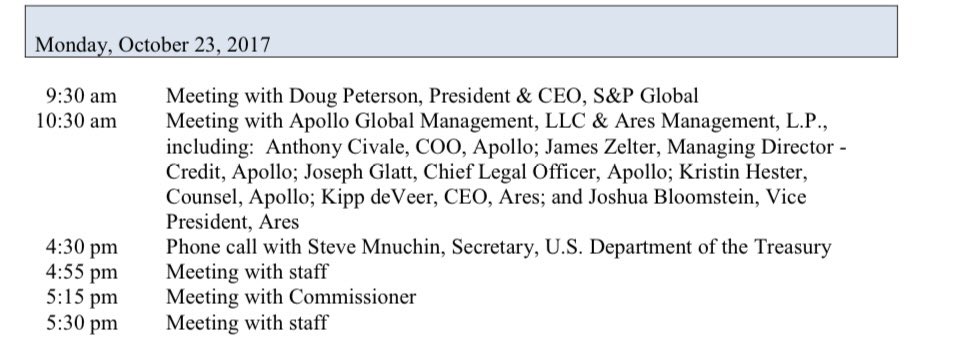
Judge Netburn recognized the SEC’s over-broad and far-reaching theory that all XRP are securities when she recognized, according to the SEC’s own argument, that every person in the world selling #XRP is committing a Section 5 violation.
Read the SEC’s response back to her.👇
Read the SEC’s response back to her.👇

The SEC attorney informed the Judge that her understanding wasn’t correct. It was this statement by the SEC attorney that helped fuel the relist #XRP campaign.
But read @bgarlinghouse’s attorney’s response regarding this same issue.👇
But read @bgarlinghouse’s attorney’s response regarding this same issue.👇

“Contrary to what Mr. Tenreiro said, not just Ripple, not just Ripple’s affiliates, but any retail holder or any party IF THERE IS ANY INTENT TO DISTRIBUTE the security further. So it is not correct to say, that there is no potential liability throughout the XRP ecosystem.”
The Judge’s hypothetical was 💯 accurate and Attorney Solomon was correct in his answer to the judge.
Section 4 exempts from the registration requirement of Section 5 “transactions by any person other than an issuer, underwriter, or dealer or not involving a public offering.”
Section 4 exempts from the registration requirement of Section 5 “transactions by any person other than an issuer, underwriter, or dealer or not involving a public offering.”
An “underwriter” is: “any person who has purchased from an issuer with a view to … the distribution of any security.”
To qualify for the Section 4 exemption suggested by the SEC’s attorney, anyone who has intent to further sell XRP or distribute it in anyway wouldn’t qualify.
To qualify for the Section 4 exemption suggested by the SEC’s attorney, anyone who has intent to further sell XRP or distribute it in anyway wouldn’t qualify.
Exchanges like @coinbase @krakenfx or @UpholdInc, by definition, qualify as issuers and/or underwriters. Any #XRPHolder who intends to sell #XRP would also qualify as a section 5 violation - JUST AS JUDGE NETBURN SUGGESTED.
The SEC’s theory, if successful, threatens all crypto.
The SEC’s theory, if successful, threatens all crypto.
• • •
Missing some Tweet in this thread? You can try to
force a refresh




